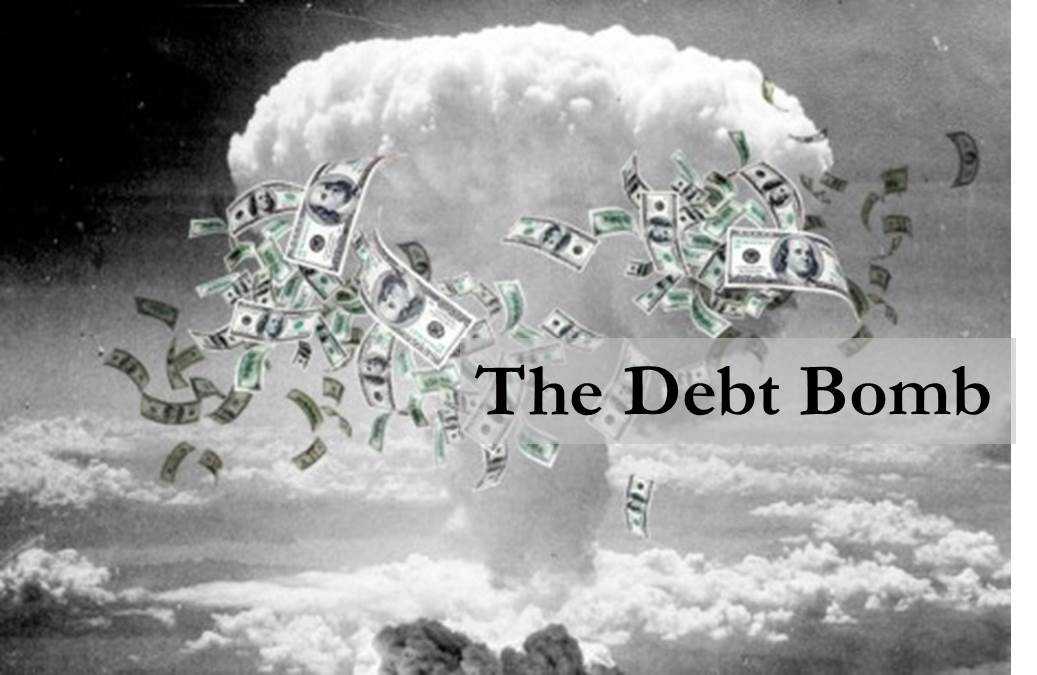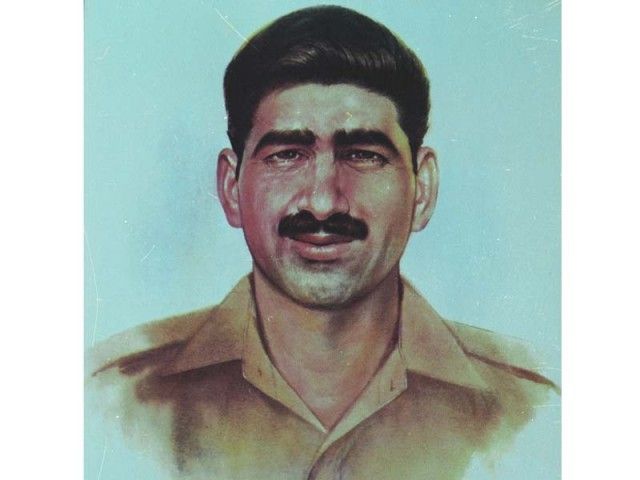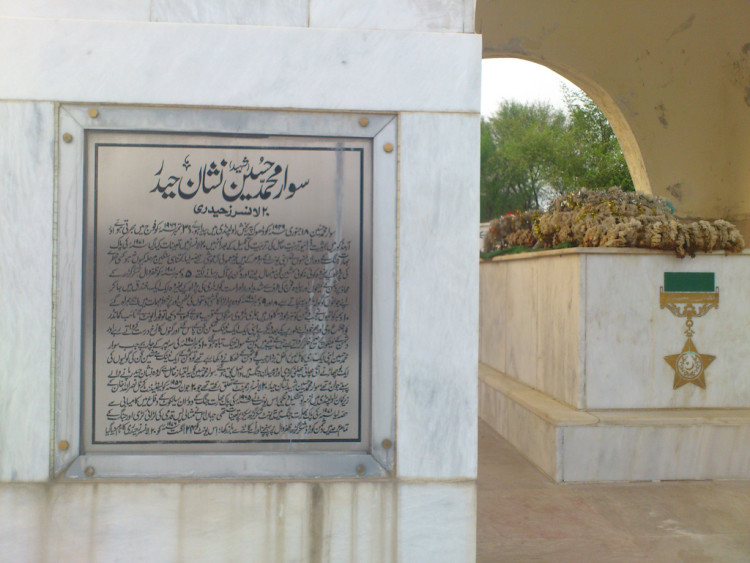George Washington University (GWU) is a private, coeducational research institute located in the United States capital of Washington D.C. It was established in 1821 by a Congressional act, fulfilling the vision of the country’s first president, George Washington, to create an institution in the nation’s capital dedicated to educating and preparing future leaders.
Today, GWU is the largest institution for higher education in the district of Columbia. With more than 26,000 students from the US and 130 other countries studying a range of subjects from medicine, public health, the law and public policy to international affairs and computer engineering, the university is placed at the core of US government, policy and law.
From its strategic location, the university sits where the worlds of science, technology, media and the arts converge. It boasts of students and faculty having “unparalleled opportunity to study and work alongside leaders and practitioners in every discipline, to take part in the interchanges that shape our community and the world”.
In their stated commitment, GWU claims to work hard and “provide an environment where knowledge is created and acquired and where creative endeavours seek to enrich the experiences of the global society”. Their academic programmes and research initiatives “allow our students, our faculty and our staff to look at the world beyond the classroom. They allow us to prepare the next generation of leaders”.
 This university, named after the country’s founding father, has taken a decision that totally contradicts its vision. In late October this year, a 20-year-old pre-medical American student, Ramie Abounaja, was in his room, studying, when a university police officer barged in and demanded that Ramie remove a Palestinian flag from his dorm window, with administrators claiming that the flag violated their housing code, even though there were countless other national flags hanging from dorm rooms there. Ramie said that the officer had told him that the department had received “multiple complaints” about a Palestinian flag hanging from outside his window and that he would not leave until the flag was removed. Shocked and intimidated, Ramie gave in to the demand without protest.
This university, named after the country’s founding father, has taken a decision that totally contradicts its vision. In late October this year, a 20-year-old pre-medical American student, Ramie Abounaja, was in his room, studying, when a university police officer barged in and demanded that Ramie remove a Palestinian flag from his dorm window, with administrators claiming that the flag violated their housing code, even though there were countless other national flags hanging from dorm rooms there. Ramie said that the officer had told him that the department had received “multiple complaints” about a Palestinian flag hanging from outside his window and that he would not leave until the flag was removed. Shocked and intimidated, Ramie gave in to the demand without protest.
Less than a week later, the university’s Office of Student Rights and Responsibilities upped the pressure on Ramie by threatening him with future disciplinary action even though he complied with the police order. In a letter addressed to Ramie, GWU officials stated, “This letter serves as a warning that this behaviour is a violation of the ‘Code of Student Conduct’ and/or the Resident Community Conduct Guidelines. As a member of the larger residential community, we hope that you will be respectful of your peers and be aware of your behaviour. The act of an individual has a profound impact on the community … Subsequent reports naming you as a subject may result in disciplinary action taken by the university”.
Ramie, an outspoken student for Palestinian rights was certain that he was a victim to subjective ‘punishment and selective and discriminatory application of the [university] housing code’. He said: “To be criminalised in front of my roommate and have others around the hall open their doors to see what was happening was uncalled for and unexpected. I felt like I was being singled out, because of my heritage and the viewpoint of my speech, for something I’ve seen dozens of students, fraternities and other student groups do in my three years at GW.”
Citing the selective targeting of Ramie, because of his Palestinian background, civil rights organisations took up the cause and said that the order for the removal of the flag was “a violation of free speech principles, underscoring the growing attempt to outlaw and punish pro-Palestinian speech on the nation’s campuses”. They pointed out to the multitude of other national flags hanging out of dorm windows and none of those students was chastised for such an act.
Palestinian Legal, a US civil rights advocacy organisation, took up Ramie’s cause and demanded an explanation from the authorities. It eventually resulted in an apology to Ramie from none other than the president of GWU, who admitted that the student was a victim of a “flawed process”.
But the incident at GWU is not the first of its kind as asserted by Palestinian Legal. A report titled ‘The Palestinian Exception to Free Speech’ was released by the group earlier in the year, which documents how pro-Israel campus groups and alumni with backings from certain lobbies “have intensified their efforts to stifle criticism of Israeli government policies. Rather than engage such criticism on its merits, these groups leverage their significant resources and lobbying power to pressure universities, government actors and other institutions to censor or punish advocacy in support of Palestinian rights”.
The Israelis who are losing ground in their war to stifle the reality on the ground in Gaza and the West Bank have now turned their sights to suppress the truth on US campuses. Last September, the University of California Board of Regents, with prominent political backing from Zionist sympathisers, proposed a resolution that would label any student supportive of the ‘Boycott Israel’ movement or saying anything critical of Israel as “anti-Semitic” and subject them to possible suspension or even expulsion.
Such is the twisted track of the freedom of speech in the land of the free.
Tariq A. Al Maeena is a Saudi socio-political commentator. He lives in Jeddah, Saudi Arabia. You can follow him on Twitter at www.twitter.com/@talmaeena














